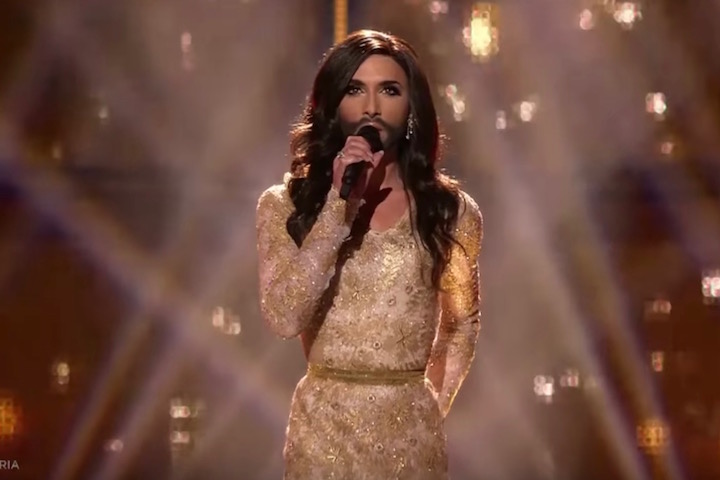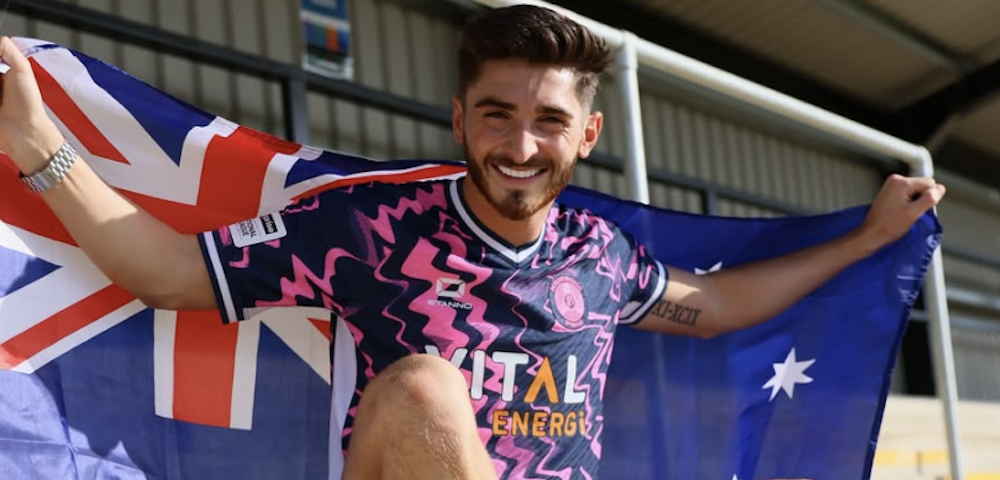
Hungary denies it withdrew from Eurovision because it’s “too gay”

The Hungarian government has rejected claims that the nation pulled out of the Eurovision Song Contest because it’s “too gay”.
Hungary’s decision to withdraw from Eurovision was initially labelled “homophobic”. Various media outlets, including The Guardian, reported that the broadcaster pulled out because Eurovision was “too gay”.
But a spokesperson for the nation’s state broadcaster, MTVA, has denied this, despite the decision being made against a backdrop of increasing anti-LGBTQI rhetoric from the country’s far-right government.
According to Shaun Walker, the Guardian journalist who first broke the story, MTVA has described the claims of withdrawing from Eurovision due to homophobia as “outrageous and unacceptable”.
“These press statements about one’s sexual orientation violate human dignity, journalism ethics and rule of laws,” MTVA’s statement to Walker reads.
“The professional decision has been made that instead of attending the Eurovision Song Contest in 2020 … the talents of the Hungarian pop music and their valuable performances will be supported.
“We want to lay down that one’s sexual orientation is not being considered at any performance or event.”
The Hungarian government, led by far-right Prime Minister Viktor Orban, avidly opposes same-sex marriage and promotes traditional family values, announcing incentives for heterosexual couples to have more children earlier this year.
While state-run MTVA has previously run a competition to select the country’s representative, and while it plans to run the local singing competition, the winner will be featured in domestic festivals instead of going onto the Eurovision competition.
Conservative government commentator Andras Bencik applauded the decision to withdraw, calling Eurovision “a homosexual flotilla” and suggesting that pulling out would improve the mental health of Hungary’s citizens.
“Many young people thought that this is something for people under 18, but at this event, the destruction of public taste takes place with screaming transvestites and bearded women,” said Bencik, referring to Austrian drag performer Conchita Wurst, who won Eurovision in 2014.
The decision to withdraw from Eurovision is the latest in various controversies in Hungary around LGBTQI people, with members of the ruling nationalist Fidesz Party, led by Viktor Orban, linking same-sex marriage with paedophilia.
The Fidesz Party also recently called for a boycott of Coca-Cola after the soft drink company used gay couples in a “#LoveisLove” advertising campaign for a sugar-free cola drink with the slogan “zero sugar, zero prejudice”.
Budapest resident Germán Henao, who recently appeared in the same-sex advertising campaign for Coca-Cola with his boyfriend Krisztián, said in a press release that these actions should reflect on the Hungarian government instead of its people.
Henao noted that LGBTQI people, who were once “hidden” from mainstream conversation in Hungary, are being used as a” target” to distract pro-government supporters from the ongoing corruption scandals that plague Hungarian politics.
“Hungary is not a homophobic country. It’s sad that small actions like this, taken by the government, hurt the image of the Hungarian people to the world,” he wrote.
“During the years that I’ve been living in Hungary, LGBTQ people were an invisible topic, hidden under the carpet—mostly because the hate speech was focused against the European Union, refugees, immigrants, and progressive education.
“It makes sense that a new card needs to be pulled, and it seems as if it’s time to make LGBTQ people the enemy.
“Pulling out of Eurovision is not about LGBTQ rights in Hungary but about setting up a new target that the government’s supporters can get busy with—while yet another stadium is built in the country or another corruption scandal calms down,” he continued.
“In my day-to-day life in Hungary—living as an openly gay man—I’ve never experienced any homophobia. In fact, following the publicity that was sparked by the Coca-Cola campaign, we’ve received so much support and positive comments from so many different people that it gives me a lot of hope for the future.”










Still waiting very patiently on Britain to leave the EU as the majority of UK voters wanted way back in 2016 …
Sorry I could not care a bit about a former washed-up Communist and deeply homophobic nation named Hungary!
So, instead of an international audience getting to see the talent from Hungary via Eurovision, the poor Hungarian acts will now have to make do with only local exposure. That’s really going to kill their chances of international stardom, and limit their chances of a successful career!
This is a classic example of how homophobia operates to diminish nations and the opportunities available to their citizens.